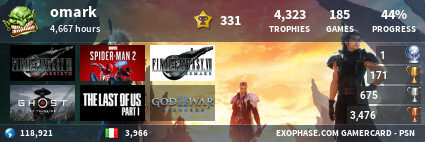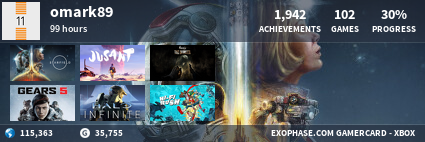Shawn layden
First, consolidation can be an enemy of creativity," he said, referring to the large-scale acquisitions and wave of studio closures we've seen in recent years. "I also think rising costs in gaming are an existential threat to all of us. And the entry of non-endemics into the sector – otherwise known as the 'barbarians at the gate.'
"Right now we see all the big players going, 'Oh, gaming? It's bringing in billions of dollars a year? I want a piece of that' And so we have Google, Netflix, Apple and Amazon wanting to get piece and trying to disrupt out industry."
Layden said the industry should take heed of what happened to other entertainment industries. Music, he said by way of example, was irreversibly disrupted when Apple "convinced everyone that 99 cents per song was a good idea." Similarly, he said Netflix has disrupted the movie business – which used to centre around going to cinemas – buy "getting some content, getting some licences, and nailing it to your house."
"I'm hoping gaming will be the first industry where we disrupt ourselves," he continued. "Where it doesn't take a Google or an Amazon to completely flip the table. We should be smart enough to see these changes coming and prepare ourselves for that eventuality."
Layden added that some of the larger companies have "figured out that just having tech doesn't mean you can make a game." This was perhaps best demonstrated by the
shutdown of Stadia last year, just three years after Google's cloud gaming service launched.
Dring countered that both the market-leading PlayStation and its rival Xbox were introduced by companies that were non-endemic to the games industry. Layden acknowledged this but observed that Sony, for one, understood its own limitations when it came to entering the games market.







